Quince: Fragrant, Tart Fruit That Shines When Cooked
A perfumed, firm fruit rarely eaten raw—high in pectin and vitamin C; perfect for poaching, jams and membrillo.
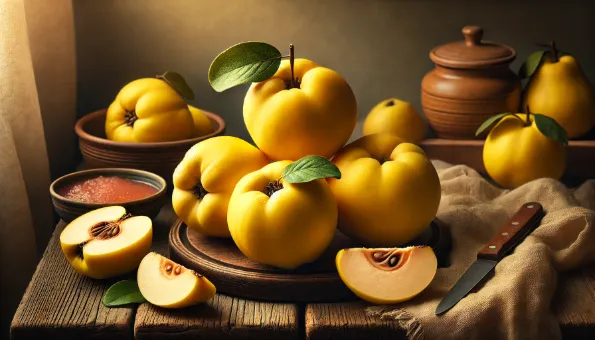
What Is Quince?
Nutrition Profile
Health Benefits
Possible Downsides
How to Use
Tip
- 1. Quince
Quince (dunja) – tvrdo, mirisno voće nalik jabuci/kruški; obično se jede kuhano/pečeno; bogato pektinom, često za džem/žele i ‘membrillo’ (sir od dunje); prilikom kuhanja meso poprimi ružičasto-crvenu boju
Comments
Povezani postovi
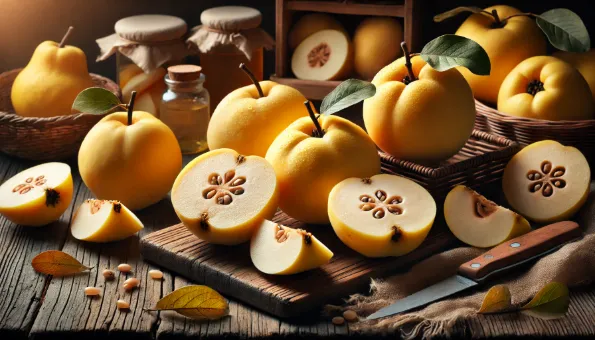
Quince: Fragrant Ancient Fruit Rich in Pectin Fiber, Vitamin C & Floral Acidity
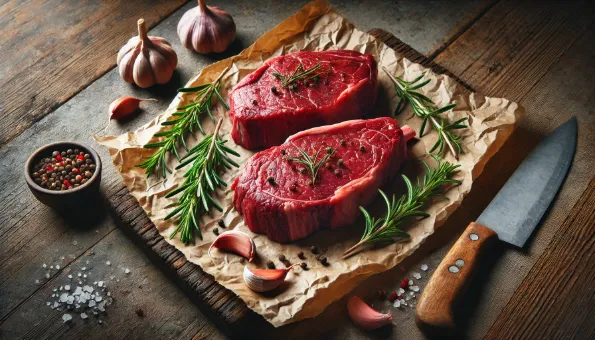
Bison Meat: Lean, Nutrient-Dense Red Meat
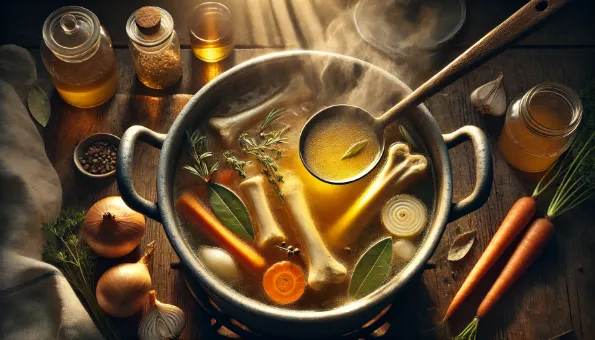
Bone Broth: Slow-Simmered Collagen-Rich Stock
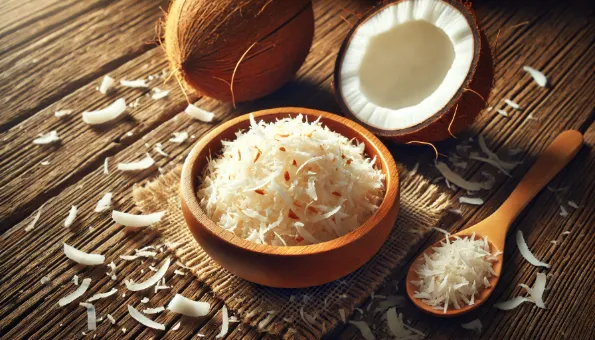
Coconut Flakes: Crunchy, Tropical Topping
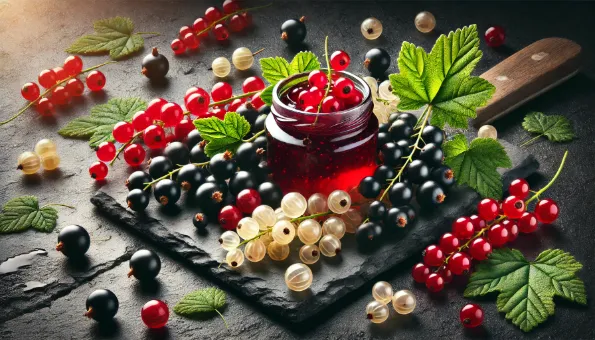
Currants (Black, Red & White): Tart, Juicy Vitamin C Powerhouses
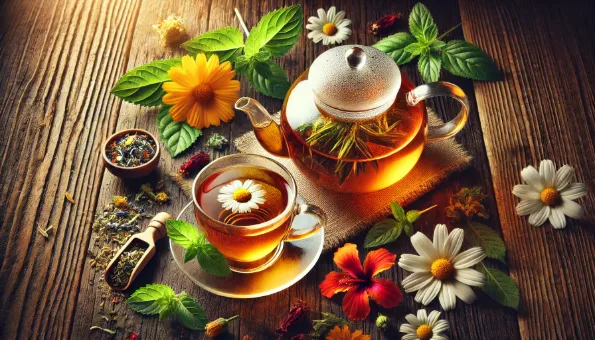
Herbal Tea: Caffeine-Free Infusion for Relaxation & Wellness
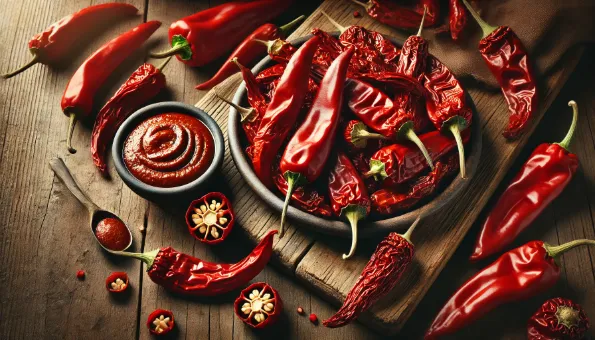
Guajillo Peppers: Fruity, Mild-to-Medium Dried Chilies
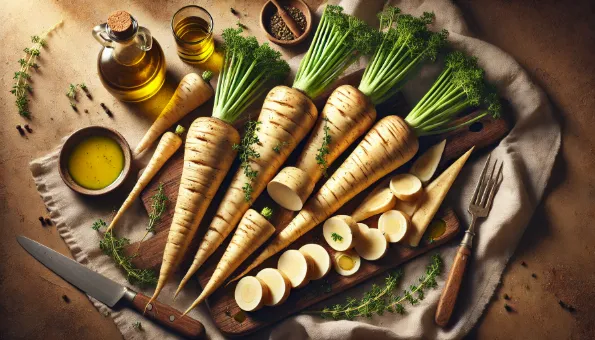
Parsnips: Sweet, Nutty Root Vegetable
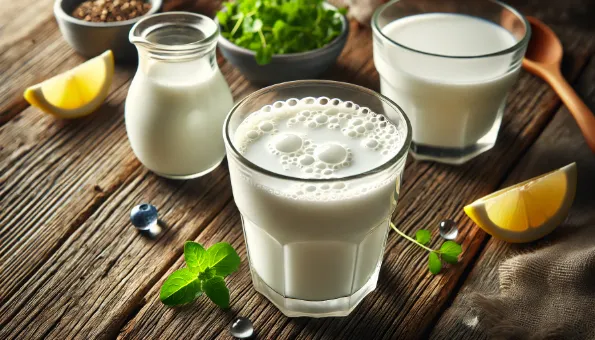
Buttermilk: Tangy, Probiotic-Rich Milk for Baking & Drinking
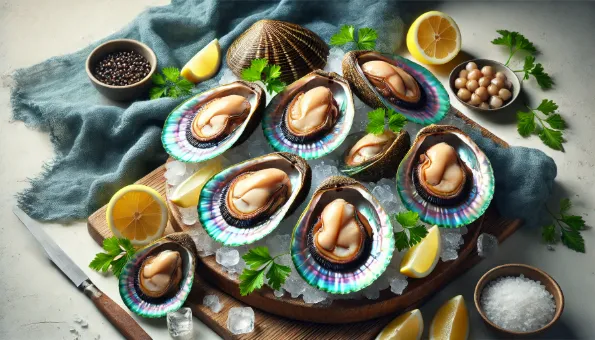
Abalone: Gourmet Sea Snail with Delicate Flavor

